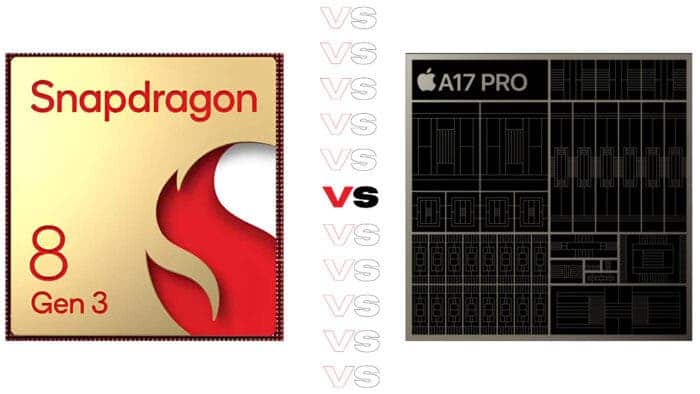The recently debuted Snapdragon 8 Gen 3 made it to the headlines for how much of an improvement it brought to the table. To be exact, the new chipset offers an 18% boost in single-core and 40% improvement in multi-core performance vs the Snapdragon 8 Gen 2.
And even though the Snapdragon 8 Gen 3 is fabricated on an older manufacturing process, it still beats the Apple A17 Pro in terms of multi-core performance. However, the new chipset from Qualcomm falls short in one important criterion: the battery life.
New Battery Test Shows That Apple A17 Is More Efficient Than Snapdragon 8 Gen 3
The battery test (video embedded below) puts a couple of flagship devices against each other. But among all the devices, the two models that are in focus are the Xiaomi 14 Pro and iPhone 15 Pro Max. Both of them equip the best-in-class mobile chipsets. Those are the Snapdragon 8 Gen 3 and Apple A17 Pro, respectively.
Both devices are kept at a 120 Hz refresh rate to make the battery test fair. However, it should be noted that both devices have the dynamic resolution feature, which the users can’t adjust. Another thing to note is that the Xiaomi 14 Pro with the Snapdragon 8 Gen 3 has a larger battery capacity.
To be exact, the Snapdragon 8 Gen 3-equipped device has a 4880mAh cell. In comparison, the Apple A17 Pro-equipped smartphone has a 4441mAH cell. But even though the Xiaomi 14 Pro has a larger battery, it loses to the Apple iPhone 15 Pro in the battery test.
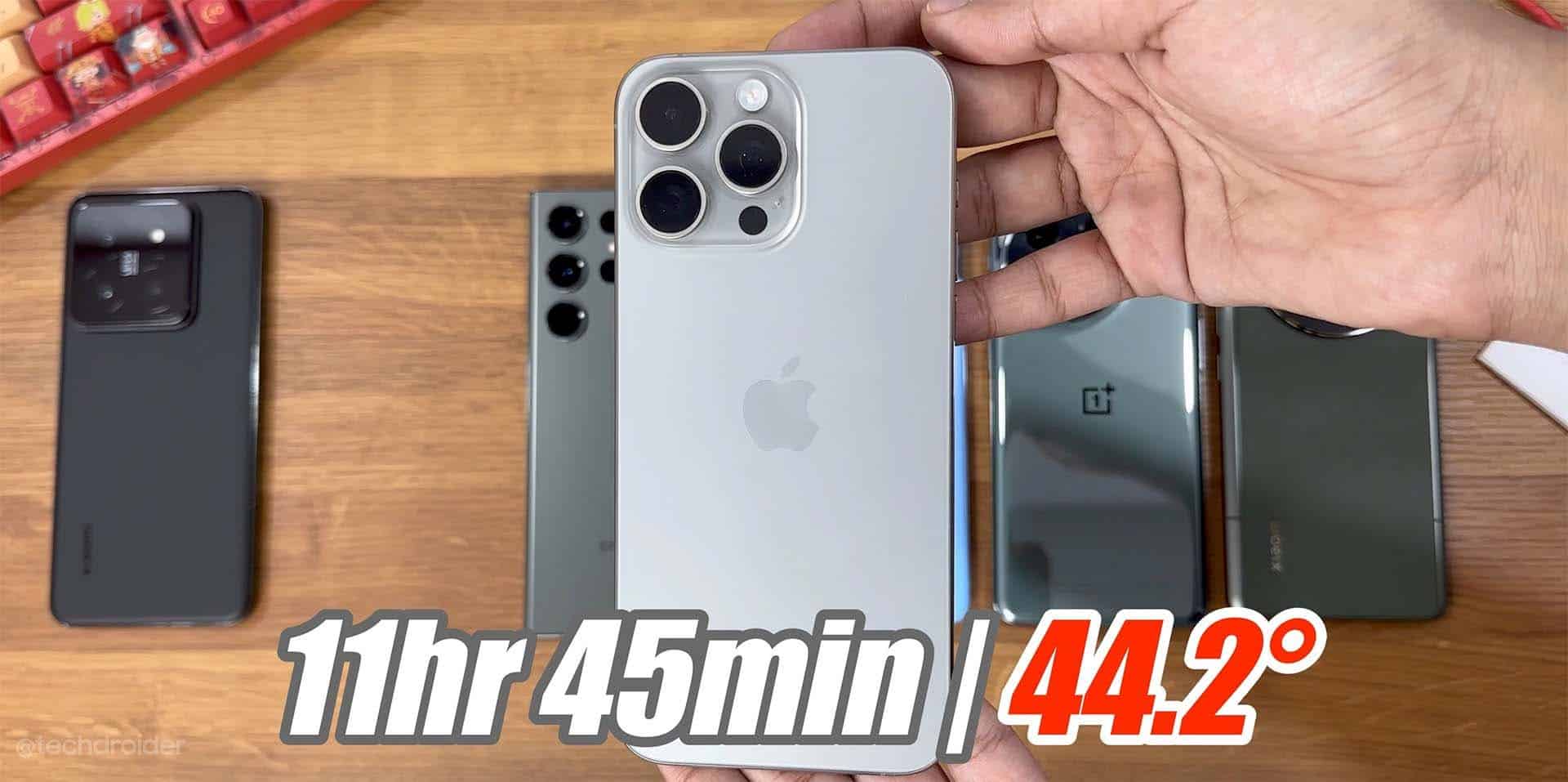
As you can see from the video I’ve attached above, the Xiaomi 14 Pro lasted for 10 hours and 24 minutes. On the other hand, the Apple iPhone 15 Pro lasted for 11 hours and 54 minutes. That means the Snapdragon 8 Gen 3-equipped lost to the Apple A17 Pro-equipped smartphone by 1 hour and 30 minutes.
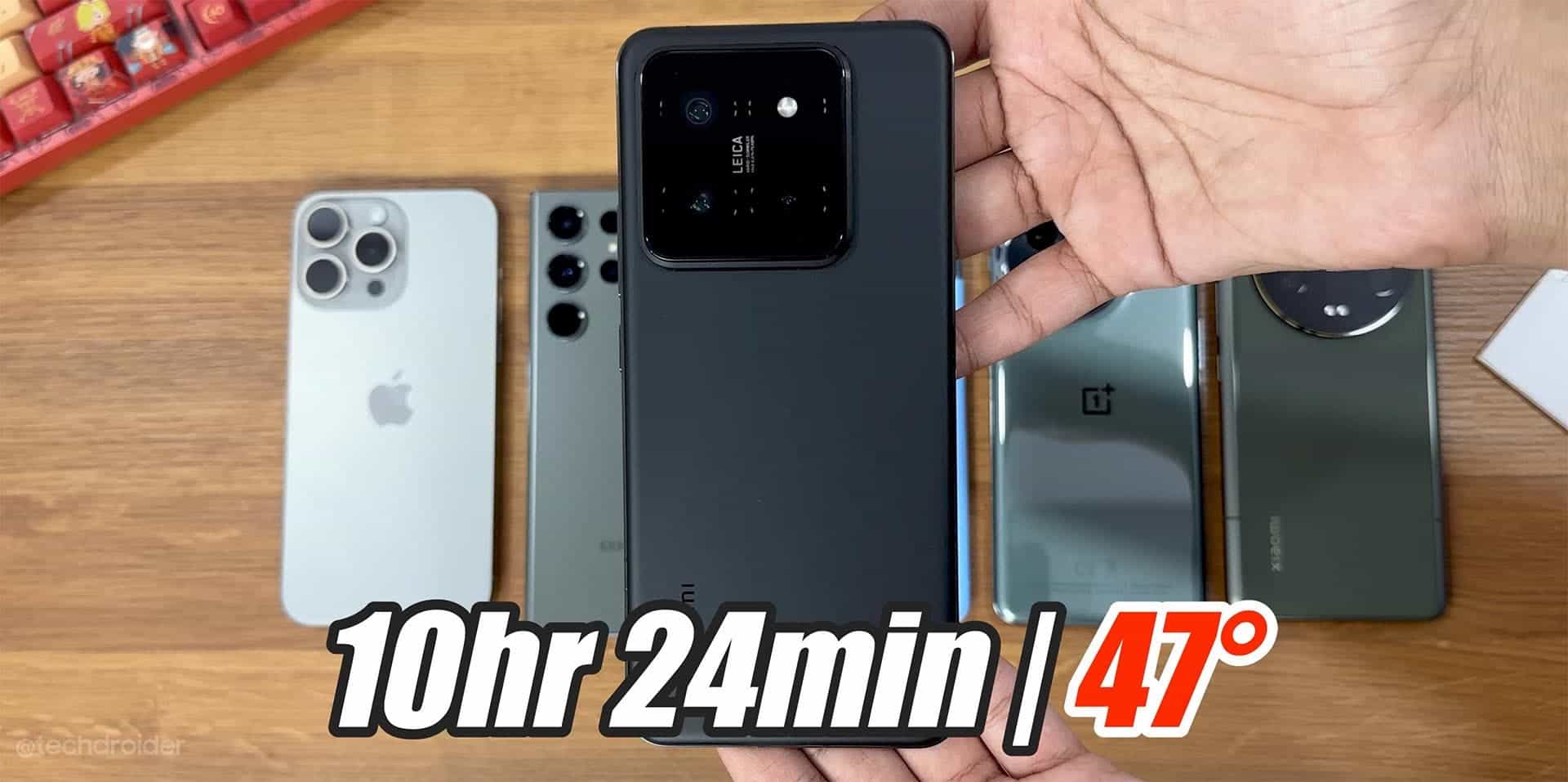
Gizchina News of the week
That made the Xiaomi 14 Pro achieve the second spot on the test. On the other hand, the Apple iPhone 15 Pro secured the first position.
What Does This Mean?
From the test results, it’s pretty clear that the Snapdragon 8 Gen 3 isn’t as efficient as the Apple A17 Pro. And it shows that Qualcomm had to make its latest SoC run on higher wattage in order to achieve better overall performance. This high wattage operation might be the reason why it couldn’t beat the Apple A17 Pro in the battery test.
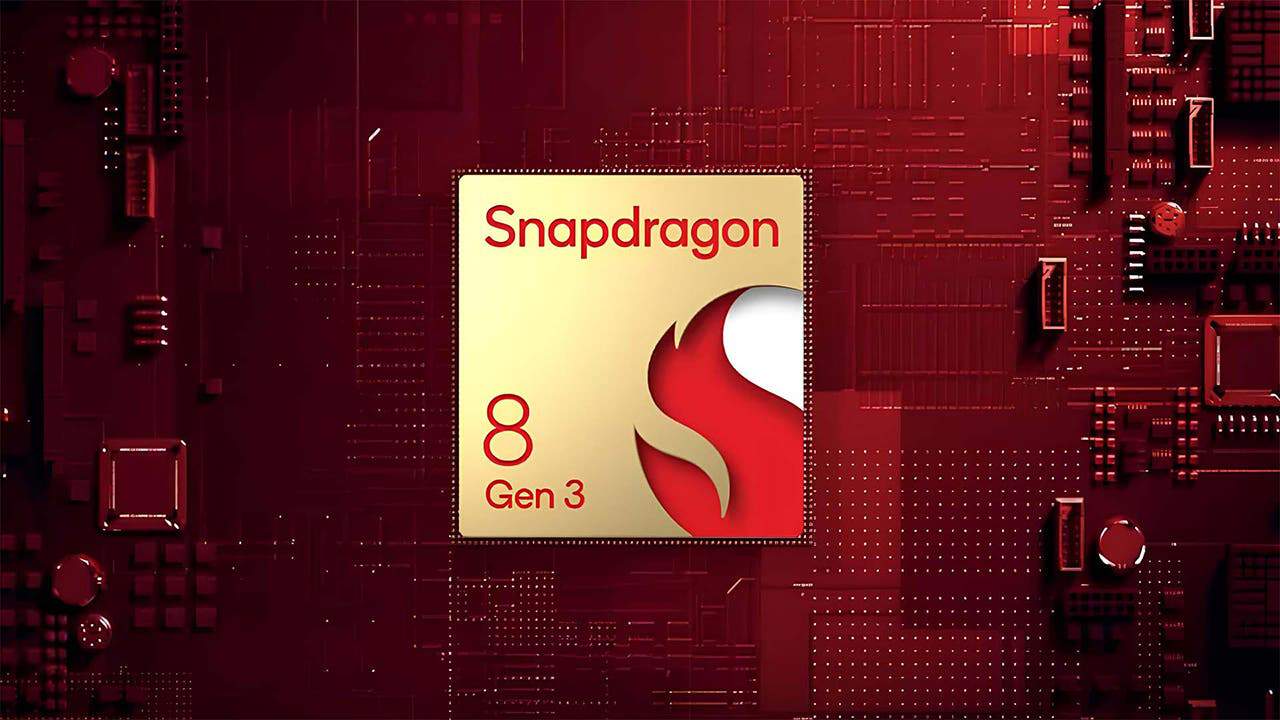
But the difference between the Apple 15 Pro Max and Xiaomi 14 Pro isn’t too significant. And 10 hours and 54 minutes in a test such as this one isn’t bad at all. So, just because it’s in second position, it doesn’t mean that you won’t get a good real-life battery performance out of it.
How Did the Other Smartphones Hold Up?
Among the other smartphones in the test, there’s the Samsung Galaxy S23 Ultra. It features the Snapdragon 8 Gen 2, which is a last-gen chipset. But it does have a higher battery capacity, standing at 5000mAh. However, the higher battery capacity didn’t help it much in this case.
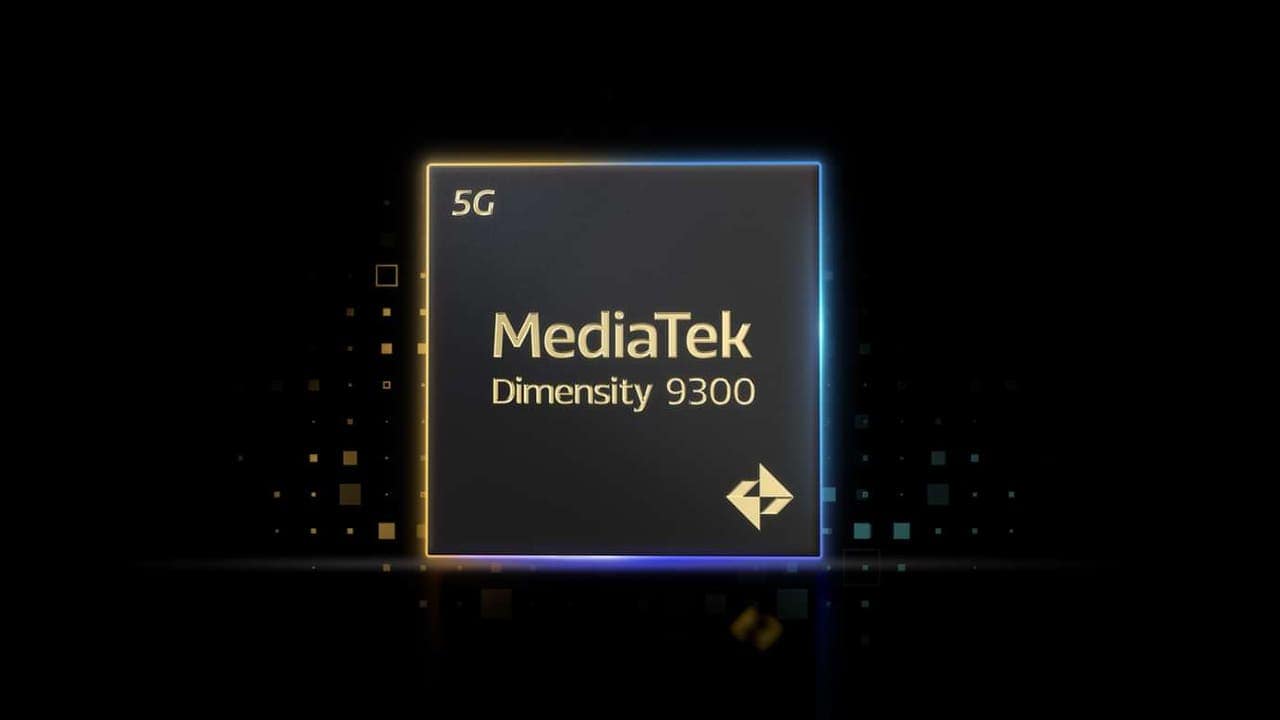
The Samsung Galaxy S23 Ultra lasted for 10 hours and 5 minutes in the test. This shows that the Snapdragon 8 Gen 3 is much more efficient than its predecessor. While the battery test includes all the current flagships, it doesn’t have any device with Dimensity 9300. It’s the latest chipset from MediaTek.
But the thing is, Dimensity 9300-equipped devices aren’t here yet. But they are expected to make their official debuts soon. And it will be interesting to see how smartphones with the chipset hold up against the Snapdragon 8 Gen 3 and Apple A17 Pro.

